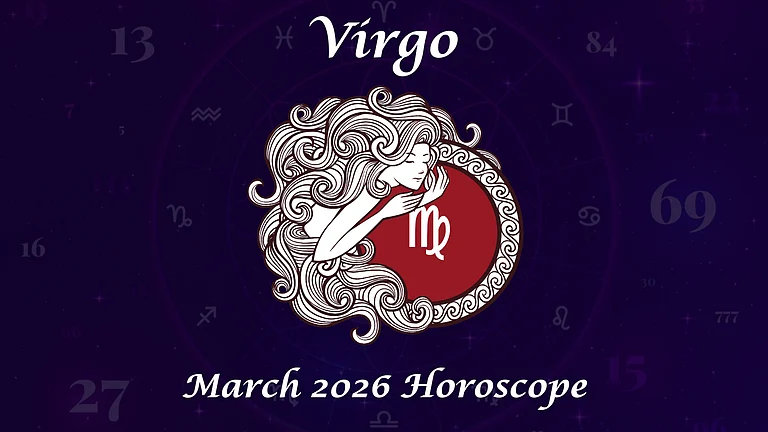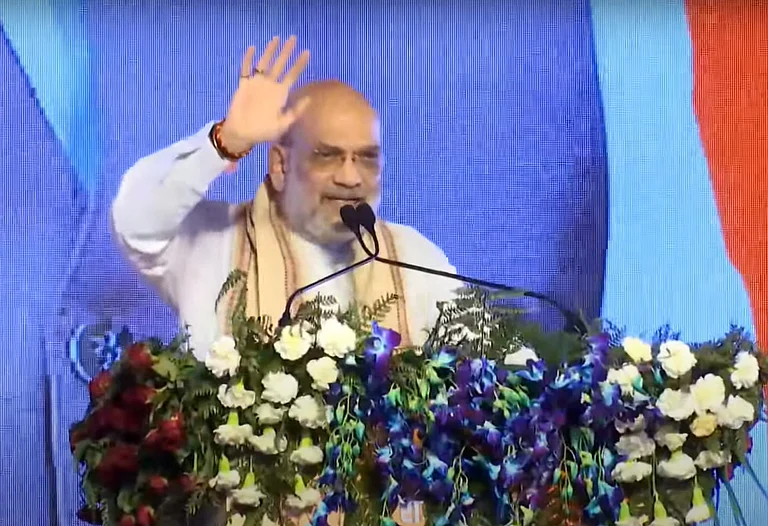This is how a man surrenders to the night, hanging his flesh on the arch of his shoulders—swaying, yawning, falling, smelling, and, turning decay. He carries home the weight of his bread with all other things exhausted under Frankenstein’s coat. His chromosome tames the shadow into a recluse—pre-climax, post-climax, and everything else which occupies him in the absence of touch.
The body gradually learns to become immune to the routine of its aloneness—allowing the stubborn night to consume the landmass beneath the underwear. His fingers migrate like a refugee across the generation of bougainvilleas reciprocating his ancestor’s sins, birthmark, and last name.
The head turns to the other side of the pillow and bends towards the chest making the body a semicolon. By now it has already adopted the method of revising the secret heaviness within the territory until the neighbour of the body sleeping beside reminds of her face.
Sleep is an elegy on the eyes of a night like this, moonless, starless, loveless—emptying a palm filled with thunder and pride.
The paradigm of nothingness becomes a painting on the wall which roughly resembles a female Bodhisattva holding flowers. A desire grips the consciousness to learn if flowers too have fate, birth charts, and eclipses. And then, by dawn, it fades away on instinct, before the newspaper gets delivered through the door grill. The insanity of yesterday becomes the asymmetric lies of today.
And then sometimes it rains back here at home in slow pauses, crawling like a reptile on a blurry morning of October’s Instagram reel—making me curse its itorpona, often.
I dislike the rain. Everything that is lost returns—heavy, rain-soaked, and overused. The rain over Calcutta-14 and the goli (lane) that adjoins the houses—occupy everything in the absence of the landlord. Yet, its residents hold on to the ruins in a belief conditioned by Bollywood, a song to be precise, from 1942: A Love Story—“Bas ek main hoon, Bas ek tum ho, kuch na kaho, kuch bhi na kaho …”
The daily ritual of uncertainty with every stride of a razor across the cheek while shaving sanctifies the thought in a repeated reminder—loss is real and so are the absences. I hold a sigh of Jack Daniel’s for long—burning the wolves in my throat. A strange sense of detachment from most things favourite stirs in an orderly manner. My desire becomes a sad protagonist wearing armour of a cold, stiff, and solid wall of indifference: “Quod me nutrit me destruit.”
I begin to question existence, presence and belongingness held within the mystery—how does a man love something yet own nothing?
If possessiveness is the attribute of the passionate, then what about those who are neither a plant nor a pet? Not a reward or a product at an FMCG store? Where do they belong?
Since evolution, man has taught himself how to create fire, build generations, and how he no longer must want what is gone. But somehow, the ambition to taste that lingering feeling of absence remains. It is always the emptiness after a loss that teaches us to write the postscript of the closure. I own it in sleep holding it inside my Thanda Gosht (A story by Manto).
I begin to understand the language of the sudden fading daylight; packing evenings of Calcutta into a toothless stranger. On such an evening like this, the windows reciprocate the otherness of silence. I pull back my guilt into the frame of a cinema and the unforgettable; the intensely unforgettable one—to a sleepless advertising campaign.
At the end of a rain-soaked night, sohaag is only a memory inside a packet of cigarettes—written in slow handwriting …” খাবার পের/একটা কের—কথা িদেয়ছ!—One, after the meal—You’ve promised—borrowed from Satyajit Ray’s Apu’r Sansar.
Ronald Tuhin D’Rozario writes stories, poems, and essays






















